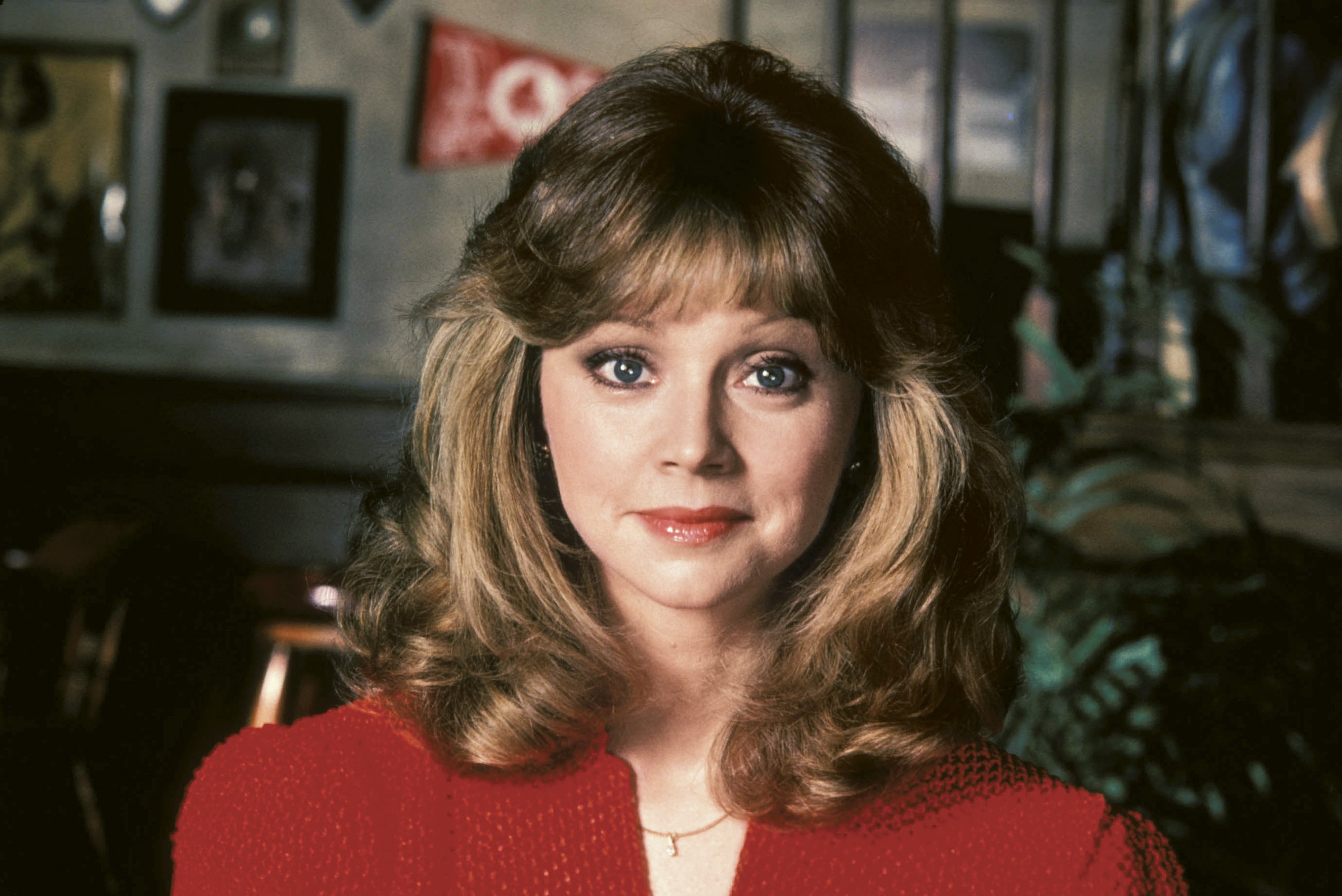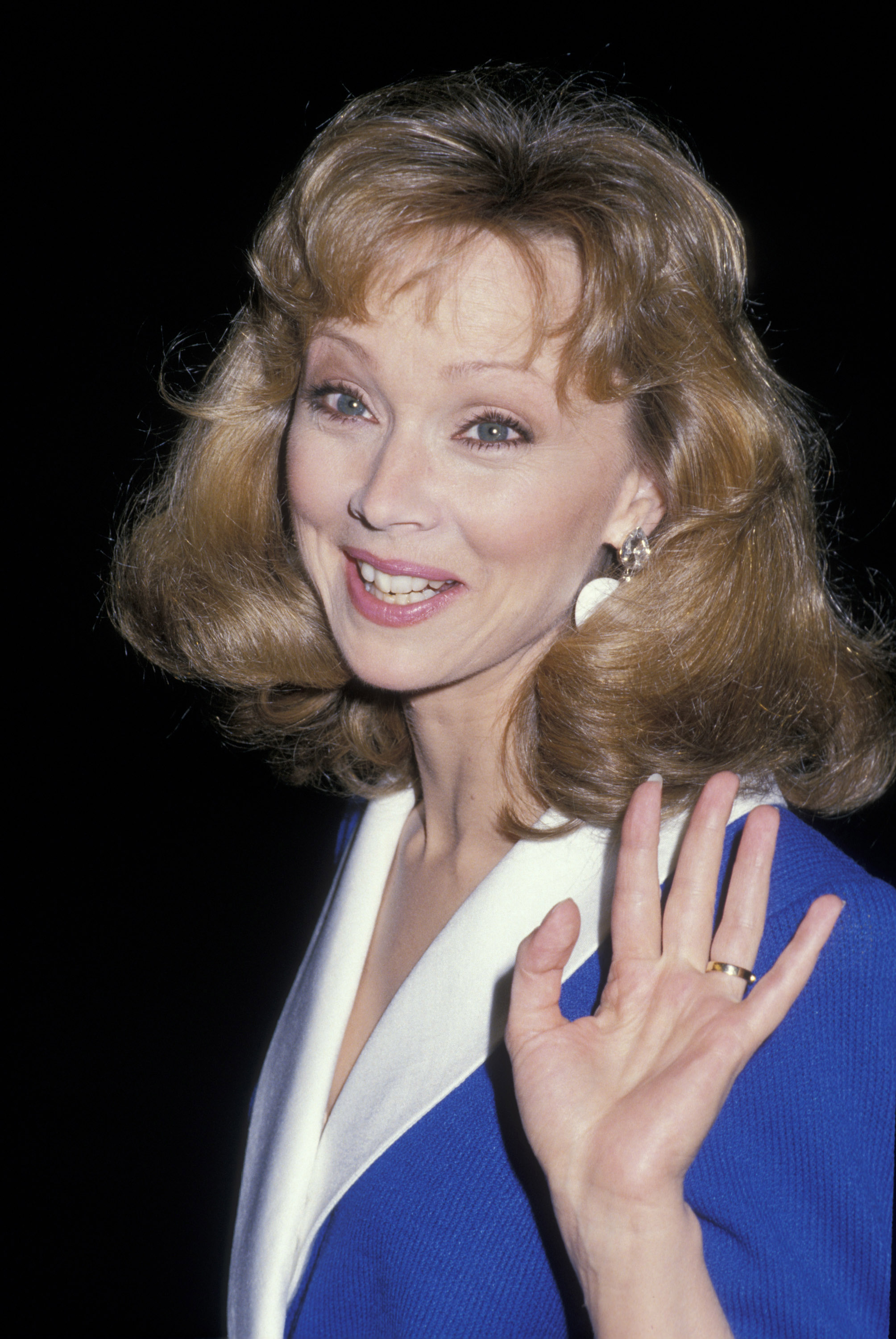When we think about performers who have left a real mark on our collective memory, Shelley Long often comes to mind. She is, in a way, someone whose presence in entertainment has sparked quite a few conversations and, in some respects, has certainly stuck with many of us. There are always different ways people see things, and how someone like Shelley Long is perceived can be a truly interesting topic to consider.
For a good while, there's been talk about Shelley Long, with some folks suggesting she might be a bit challenging to work with. This idea often ties back to a strong desire for things to be just right, a kind of deep commitment to getting every detail perfect. However, it's also true that how one person views another's qualities can differ quite a lot from someone else's outlook, and, you know, some opinions might carry more weight for some than for others.
Interestingly, despite these whispers, a deeper look often shows a more nuanced picture. It seems there's a prevailing sense that even if there are stories about her being particular, there's also a counter-narrative, a different side to the coin, that many people hold dear. This mix of views, basically, makes her public persona rather layered and worth exploring a little more.
- Least Paid Player In Nba
- Actresses Over 60 And 70s
- Vintage 80s Wedding Dress
- Inner Strength Tattoo
- Bebahan 18
Table of Contents
- Who is Shelley Long?
- A Look at the Personal Side of Shelley Long
- Why Do Perceptions About Shelley Long Vary So Much?
- Is the "Difficult" Label Fair for Shelley Long?
- Appreciating the Work of Shelley Long
- What About Other Creative Ideas Involving Shelley Long?
- How Does the Public See Shelley Long Today?
- What Makes Someone a "National Treasure" Like Shelley Long?
Who is Shelley Long?
When we think about someone who has been a part of the entertainment landscape for a significant period, Shelley Long is definitely a name that comes up. Her work has, in some respects, been a familiar sight for many who enjoy television and films. It’s interesting, too, how different people have come to know her through various projects she’s been involved with over the years, creating a kind of shared memory of her performances.
It's fair to say that her presence in popular culture has allowed her to connect with a wide audience. For many, she might be known for a specific character or a particular show, and that connection can feel quite personal. The way a performer makes us feel, the laughter or the moments of quiet reflection they inspire, really sticks with us, doesn't it? It’s almost as if they become a part of our own story, in a way.
There are, you know, always different facets to someone's public life, and Shelley Long is no exception. Her career has seen her take on various roles, each one adding a new layer to how audiences perceive her. This evolution of her public image, basically, makes her a truly interesting figure to consider when we talk about people who have spent a good deal of time in the public eye.
- Rebecca De Mornay Young
- Laura Engel Fox News
- Lulu Chu Reality Kings
- Venezuela Ecuador
- Roseanne The Tv Show Cast
A Look at the Personal Side of Shelley Long
Beyond the characters and the bright lights, there are always personal connections that shape someone's life, and Shelley Long is no different. For a long time, she has shared her life with Dan Gilroy, who is, as a matter of fact, known for his own work in the creative world. He was, for instance, in a movie called "The Breakfast Club," and he also had a brief romantic connection with Madonna, which, you know, adds a little bit of interesting background to his story.
This kind of enduring partnership, in some respects, speaks to a stable foundation in her life away from the cameras. It’s always fascinating to see how individuals who are so much in the public eye manage to maintain these deep, lasting relationships. It shows, basically, a different kind of strength, a quiet persistence that might not always be visible on screen.
Dan Gilroy himself is, apparently, a rather capable performer. His work, including films like "Magnolia" and "Born on the Fourth," shows a real range, and he's been involved in some quite daring projects. This background of his, you know, adds another layer to the creative environment that Shelley Long has been a part of, highlighting a shared world of artistic pursuits and personal connections.
| Category | Information |
|---|---|
| Long-time Partner | Dan Gilroy (known for "The Breakfast Club," briefly dated Madonna) |
| Partner's Profession | Actor (appeared in "Magnolia," "Born on the Fourth," "Risky Business") |
| Public Perception (General) | Considered a "national treasure" by some; appreciated more over time. |
| Public Perception (Specific) | Sometimes described as "difficult" due to perfectionism, but also widely seen as a "very nice person" by many, with one notable exception. |
| Posthumous Identification (of a "she") | Identified as bisexual by Hollywood historians after "Dennis's death," according to her biographer Peter Shelley. |
Why Do Perceptions About Shelley Long Vary So Much?
It's a really interesting thing, isn't it, how different people can have such varied thoughts about the same public figure? When it comes to Shelley Long, there's been talk, as a matter of fact, about her being a bit particular, sometimes described as "difficult." This often seems to stem from a strong commitment to getting things just right, a kind of deep-seated desire for perfection in her work. But, you know, that very quality, that drive for excellence, can be seen in so many different ways by different people.
Some might view this pursuit of perfection as a sign of dedication, a testament to her commitment to her craft. They might see it as a reason why her performances are so memorable and, in some respects, truly stand out. On the other hand, someone else might interpret that same drive as a challenge, something that makes collaboration a little more complex. It's all about perspective, basically, and how one chooses to interpret certain behaviors.
And then there's the other side of the coin, which is that, you know, outside of one particular known disagreement, many people who have actually interacted with her have found her to be a very pleasant person to deal with. This contrast, between a specific perception of being "difficult" and a general experience of niceness, really highlights how public figures can be seen through so many different lenses. It shows, too, how a single story or a single point of view can sometimes, in a way, overshadow a broader range of experiences.
Is the "Difficult" Label Fair for Shelley Long?
The idea that someone is "difficult" can be a rather sticky label, can't it? For Shelley Long, this notion often comes up in conversations, frequently linked to her reputation for being a perfectionist. It's almost as if her desire for things to be just so, her insistence on high standards, gets translated into this perception. But, you know, what one person calls "difficult," another might call "dedicated" or "committed to quality."
It's worth considering, too, that some individuals are, basically, just expected to be a certain way, especially when they are known for a particular style or approach. The text mentions that "Shelley is supposed to be difficult, but..." and that "but" is really important, isn't it? It suggests that there's a counter-narrative, a different truth that might not always be the loudest voice. This implies that the initial assumption might not tell the whole story, or, in some respects, might even be challenged by direct experience.
And then there's the specific point about Bette Midler's opinion, which, for the person who wrote the original text, "means less than nothing." This really highlights how subjective these labels can be. One person's strong negative opinion might hold no sway at all for someone else, especially if their own experiences or their own appreciation of a person's work paints a different picture. It’s a good reminder, too, that we all filter information through our own experiences and biases, and that, you know, shapes what we believe to be true about others.
Appreciating the Work of Shelley Long
There's something truly special about how certain performances just get better with time, isn't there? When it comes to Shelley Long, many people find that the more they revisit her work, particularly in a show like "Cheers," the more they come to truly value her contributions. It’s almost like discovering new layers, new nuances in her portrayal that perhaps weren't as apparent on first viewing. This growing appreciation, basically, speaks volumes about the lasting quality of her acting.
Her ability to bring a character to life, to make them feel so real and relatable, is a significant part of why her performances resonate. It’s not just about delivering lines; it's about creating a presence, a personality that sticks with you long after the credits roll. And, you know, that kind of enduring appeal is a pretty remarkable thing in the world of entertainment, where so much can feel fleeting.
Of course, it's also important to acknowledge the contributions of others who made those projects so memorable. For instance, Nicholas Colasanto, who was also a part of "Cheers," is remembered by some as the very heart of the show. He was, apparently, a truly gifted actor, and his presence undoubtedly added a great deal to the overall experience. This kind of shared creative effort, where everyone brings their unique talents, is what often makes something truly special, and, in some respects, leaves a lasting impression on viewers.
What About Other Creative Ideas Involving Shelley Long?
It's always fun to think about "what if" scenarios in the entertainment world, isn't it? Sometimes, you just get an idea for a pairing that seems so perfect, it's a wonder it never happened. For instance, the thought of Shelley Long teaming up with Ethel Merman for a mother-and-daughter comedy back in the early 1980s is, in a way, a truly appealing concept. The potential for comedic gold with those two personalities on screen, basically, seems pretty high, doesn't it?
This kind of speculative casting speaks to the unique qualities that Shelley Long brings to her roles. Her particular brand of humor and her on-screen presence make her a natural fit for certain types of stories. And when you combine that with the distinct energy of someone like Ethel Merman, you can just imagine the kind of dynamic they might have created, leading to, you know, some really memorable moments.
However, not every creative endeavor hits the mark, and that's just a part of the business. There was, for example, a Shelley Long comedy from 1992 called "Frozen Assets." Interestingly, the original text mentions reading an article where two very well-known film critics, Siskel and Ebert, apparently thought it was the worst movie they had ever seen. The person who wrote the text had, as a matter of fact, no memory of this film whatsoever, which just goes to show how some things simply fade from our collective consciousness, even if they were critically panned at the time. It’s a pretty stark reminder, too, that not every project can be a hit, and that, you know, some just don't stick around in people's minds.
How Does the Public See Shelley Long Today?
It's really something, how certain figures become so ingrained in the public consciousness that they're seen as more than just performers. For many, Shelley Long is, in a way, considered a "national treasure." This isn't just about her acting roles; it's about the feeling she evokes, the comfort and nostalgia she represents for generations of viewers. It’s a kind of deep affection, a recognition of her lasting contribution to our shared cultural landscape, and, you know, that's a pretty special status to achieve.
This idea of being a "national treasure" suggests a deep respect and a lasting place in people's hearts. It implies that her work has stood the test of time and continues to bring joy and, in some respects, a sense of familiarity to those who watch it. It’s a powerful testament, basically, to the impact she has had on popular culture, transcending individual performances to become something much larger.
And then, there are the more casual, everyday glimpses of public figures that often catch people's attention. The text mentions that a "dl favorite" was recently seen doing something as ordinary as grocery shopping. This kind of sighting, you know, brings a touch of reality to the lives of people we usually only see on screens. It's a reminder that even those who are widely recognized still engage in the simple, everyday tasks that we all do, making them feel, in a way, a little more relatable and human.
What Makes Someone a "National Treasure" Like Shelley Long?
The term "national treasure" is a pretty big compliment, isn't it? When someone like Shelley Long is described this way, it means more than just being a good actor. It suggests that her presence, her performances, and her overall contribution to entertainment have, in some respects, become a cherished part of a country's cultural identity. It's about a lasting impact, a warmth and familiarity that resonates with a broad group of people over many years, basically creating a sense of shared history.
This status often comes from consistent, memorable work that touches a wide range of emotions, from making people laugh to perhaps even making them think. It's about creating characters that stick with you, that feel like old friends, even if you've only known them through a screen. And, you know, that kind of connection is something that truly endures, far beyond the initial popularity of a show or a film.
It's also interesting how personal perceptions can sometimes linger, even about fictional characters. The text mentions a lingering question about a character's identity: "Why did I always think the son in this was gay as hell?" This kind of thought, you know, shows how deeply we can engage with stories and how our own interpretations can shape our experience of them, even years later. It highlights, too, how characters can take on a life of their own in the minds of viewers, sometimes sparking questions and observations that go beyond the written script.
Finally, there's the simple observation about appearance, which is, in a way, a common part of how public figures are viewed. The text notes that, honestly, someone "doesn't look awful, just not glamorous." This kind of candid comment highlights the distinction between looking truly unwell and simply not being in a state of high-end, polished glamour. It's a more down-to-earth perspective, acknowledging that people, even those in the public eye, have their everyday moments, and that, you know, not every moment needs to be about looking perfectly styled or made up. It's a reminder that authenticity, in some respects, can be just as compelling as an idealized image.
- What To Wear In The 80s
- Martin Short Bio
- Love You More Phrases
- Lil Bibby Lil Brother
- Coat Anime Characters


